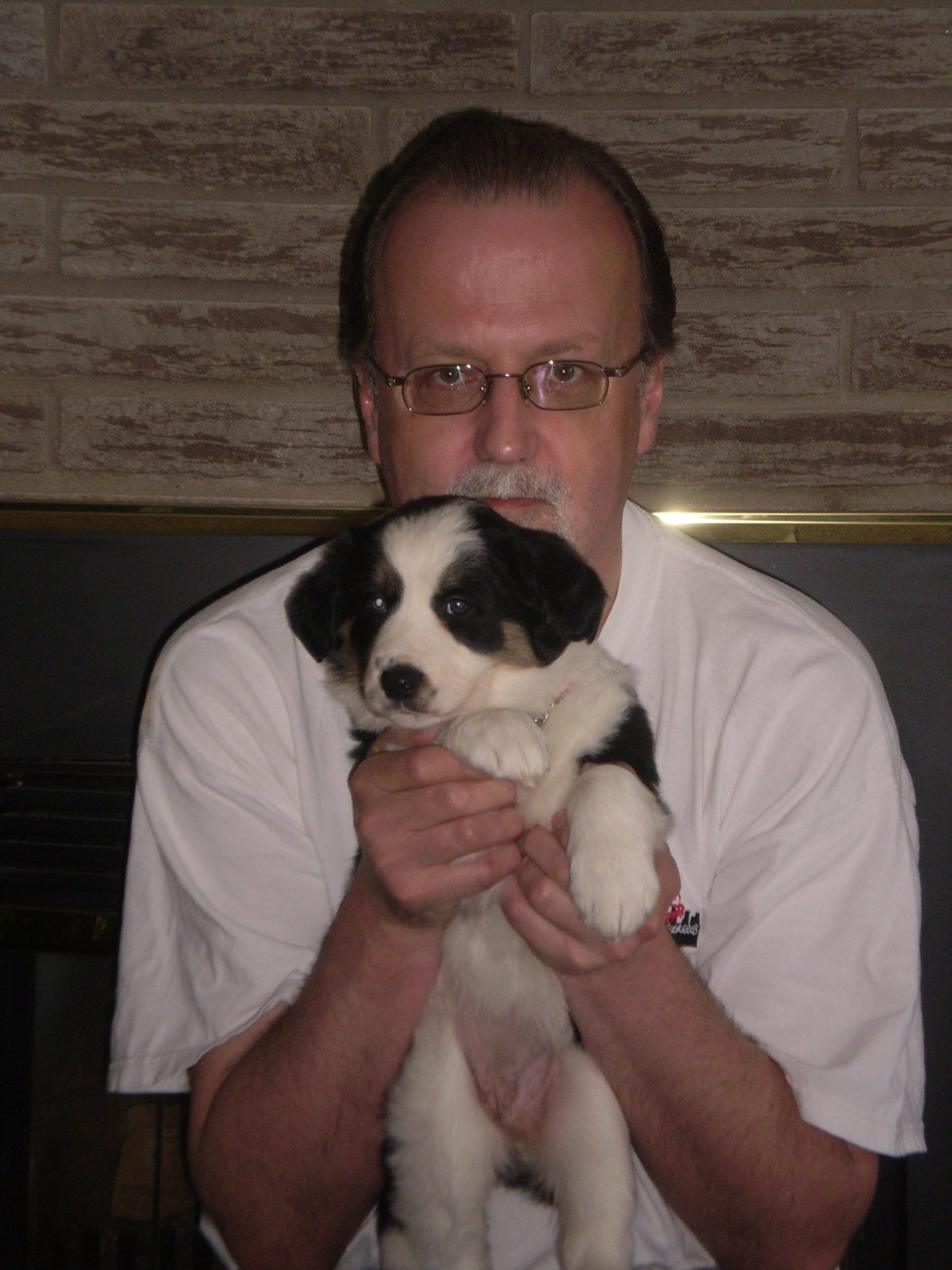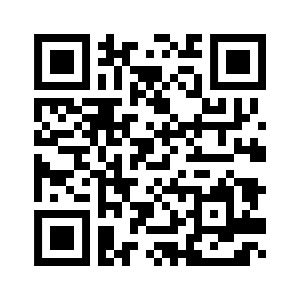I’m now able to touch a light switch and make it turn on and off. I’m now able to write these words, and read them clearly.
I could tell you about travelling, having sex, and flying, but I think you want to know about my dreams.
For many years, my dreams were always similar: being in a classroom, studying, worrying about exams, never being sure what the exams were about or where they were being held. Then the dreams changed to being in some kind of a laboratory, working with chemicals, but not knowing what I was working on. These laboratory dreams happened for about twenty years, and then, very recently, the dreams changed drastically.
At this point, I have to change the subject of my dreams from “I” to “he” as I became uncertain of what was happening in my dreams, or who “he” was and what he was doing.
The last laboratory dream I had involved his leaving the lab, taking a suitcase, going to an airport, boarding a plane, taking some pills, and passing out.
The next clear dream was arriving at an airport. It wasn’t a regular international airport. It was a small airport, surrounded by exotic trees and small mountains.
A staircase was rolled up to the side of the plane, and he descended the staircase into stifling humidity. A long black limousine came up to the plane. He was greeted by two men and shown into the air-conditioned limo. A black hood was put over his head. “For security reasons,” someone said.
The car travelled for a while, then stopped. He was taken out of the car, and transferred to another vehicle. He thought it was some kind of a jeep. The jeep bumped over rough terrain for an undeterminable amount of time, ascended a hill, then stopped. He was taken out of the jeep and the hood was removed. He looked around him. He was near the top of a hill. Ocean surrounded him on three sides. Inland were forest and hills as far as he could see.
He didn’t seem alarmed although I was.
He went into a long concrete building where there were a lot of people bustling about, wearing face masks. He put on a face mask.
Several people were gathered around some pharmacological equipment, and he joined them, chatting briefly, offering suggestions, looking into microscopes, calibrating equipment. He moved on to another area where they were transferring some kind of powder into large steel drums.
He was given some food by his hosts, and then shown to a small, sparsely-furnished room – bed, desk and chair, table lamp, TV. Someone said to him that he must be tired after his long flight, that even though it was still only dusk, they would let him have a long sleep and wake him the following dawn. He lay down on the bed and fell asleep immediately.
After what seemed like only a few minutes, he was awakened by gunfire. He rushed to the window. It was pitch-black except for the bursts of gunfire. Someone broke into his room and shone a flashlight in his face. He was grabbed by two men who dragged him outside. They put a hood over his face and bound his wrists behind him.
They pulled him down the hill. He could feel branches and vines hitting him on his face and body. He could feel his forearms bleeding.
Gradually, he began to hear ocean waves. He could feel rocks and sand beneath his feet. Then his shoes were wet, and he was thrown into some kind of boat. The boat went out to sea and didn’t stop until it reached a dock. He was thrown onto the dock, then dragged along it. A door creaked open, and he was taken through it. His hood and wrist bonds were removed. He was inside a small hut. A generator whirred and clicked in the corner, powering a single bright light strung from the rafters ten feet above him. Those were the only things in the room.
“Where am I? Who are you?” he said.
His captors left the hut, shutting the door and locking it.
He pulled and pushed on the door handle but couldn’t budge it. He looked around. There was no window. There was no floor; it was dirt. Insects scurried across the ground, walls, and ceiling. He couldn’t hear anything. He could vaguely smell some kind of blossom. It was humid, and salty sweat dripped into his mouth. He waited.
I could feel my heart racing in my sleep. I tried to wake up but couldn’t. In dreams, it’s difficult to gauge time. I don’t know how long he waited but it seemed to be a long time.
Eventually, he sat down, pushed insects away from him, and closed his eyes.
The door opened, and two men with automatic weapons came in. They pulled him to his feet. “No sitting,” said one of them. They left the hut.
He leaned against the wall, closed his eyes, fell asleep, and woke again when he hit the ground. He brushed a millipede off his face, and stood up again. He lodged himself into a corner of the hut, braced his knees, and leaned back, but his knees kept buckling. Time dawdled.
The door opened again. The two gunmen entered, accompanied by another man, wearing a red beret with some unidentifiable insignia on it. He carried a revolver and a pipe that he occasionally drew on. He was clearly in charge. “What is the formula?” he said.
“What?”
“The formula.”
“I don’t know it.”
The man in the beret smiled. “You may sit,” he said, and left the hut with the two gunmen.
He was confused, but he sat, and closed his eyes.
The door opened. Two men entered, wearing ear plugs. One had a ladder, which he propped up against the rafters. The second man climbed the ladder with an audio speaker, and put it up into the rafters. He touched a switch on it, then came down the ladder. The first man took the ladder down and left. The second man took a remote out of his pocket and pointed it at the speaker. One hundred and ten decibels of heavy metal music blared. The second man left and locked the door.
He covered his ears with his hands and then his shirt, but it did no good.
After another while, the man in the beret with revolver and pipe came into the hut and turned off the music. “What is the formula?”
“I… I don’t know.”
The man in the beret smiled, turned the music on again, turned it up, and left.
After another long period of time, the main in the beret returned and turned off the music. He drew on his pipe. “What is the formula?”
“I’ve told you…”
The man in the beret came up close to him, and blew smoke in his face. He pointed the stem of the pipe into his face. “You do know. You know?”
“I swear—”
The man in the beret jabbed the stem into his eye. He cracked him on the temple with the revolver. “You will tell me.”
“I don’t know it. I’m just a technician.”
The man in the beret turned the music on again, and left.
It was so loud. Why couldn’t I wake up? What was happening?
Days passed. Literally. Repetition. Loud music. The pipe. The revolver. Amphetamines. No sleep. Delirium. Then, one night, he noticed…
The generator. With effort, he picked it up, and heaved it at the door. It buckled a little. He picked up the generator again and threw it. The lock shattered. He kicked at the door and it opened. He ran into the forest.
Gunshots followed him but they missed. He disappeared into the dark brush. He ran, and kept running, forcing his legs to keep moving. He reached water. He stopped to listen, but could hear only the metal-induced ringing. He couldn’t see anything; clouds covered the moon. He made his way along the shore, tripping on rocks, slipping on pungent seaweed.
He found a cave, hoped it wasn’t inhabited, crawled into it as far as he could.
He was as quiet as he could be. The ringing in his ears was deafening. Faintly, he could hear waves breaking and his heart thumping. He thought he would have a heart attack. Towards dawn, the thumping subsided. He was afraid of going to sleep, even if he could.
He peeked out of the cave. He thought he saw a motor boat, but he couldn’t be sure. He knew that lack of sleep could make him crazy, possibly hallucinatory. He thought he heard men tramping through the forest. He thought he heard dogs barking. He shook with fear. He couldn’t organize his thoughts. He drifted from wakefulness to semi-sleep to delirium.
And that’s where I came in.
As I watched my dream shiver and fade in and out, he looked up. And saw me.
His eyes widened. He trembled uncontrollably. I stared back.
“I know you,” he said, “I’ve seen you.” Pause. “In my dreams.” Pause. “You’re…” Pause. “… me.”
He was me. But not me. He was a little older, with lines on his face that I didn’t have. He had greying hair; mine was brown. He had a small goatee. I had a beard, though not completely full. I was better looking, an idealized version of himself. It made sense.
He came closer to me. Our faces were inches apart. He studied me. He grimaced with realization. I understood what he was thinking, what his realization was. I understood my own.
I smiled. “Funny seeing you here,” I quipped.
He almost laughed. He took my face in his hands and stared into my eyes. “It never occurred to me…” he started, and didn’t finish.
He pulled me closer. Our noses almost touched. “You understand, of course,” he said, “what I have to try to do.”
No, I didn’t understand.
He put his hands behind my head, locked his fingers together, and pulled me toward him.
We didn’t touch. We passed through each other. His hands on the back of my head dissolved like sand falling off a rock. Our bodies made a rumbling sound as they passed. Our brains exchanged electrical charges which quickly dissipated.
I turned and saw him fly off toward the Sun, twisting and turning in playful exploration. He looked back and waved at me. As he disappeared, I had the feeling he said, “Sorry”.
As I contemplated this, a man with a rifle appeared at the entrance to my cave.
I’m in a windowless room. It has a table and chair. On the table are paper and a pen, with which I write this instead of the formula they told me to write. I don’t know what that is. My head and body hurt. I don’t know what that is.
As that man passed through me, two thoughts of his transferred to me. The first was that, in a dream, you can’t read more than a couple of words at a time; you can’t read books or newspapers. The other was that, if you encounter a light switch in a dream, and you try to turn it on or off, nothing happens.
Sometimes I go to the light switch and turn it on and off to prove to myself I’m not home.
About the Author

Bill’s stories, plays, and comedy sketches (and one poem!) have been published, produced, and/or broadcast in Australia, Bosnia and Herzegovina, Canada, Czechia, England, Guernsey, Holland, India, Ireland, Nigeria, Singapore, South Africa, the U.S., and Wales. His stories have appeared in Fiery Scribe Review, Ariel Chart, New Contrast, Helix Literary Magazine, Granfalloon, Alien Station, 365 Tomorrows, Defenestration, Yellow Mama, and many other journals. His novel, Farewell And Goodbye, My Maltese Sleep, will be published on October 27, 2023 by Close To The Bone Publishing.
![]()





